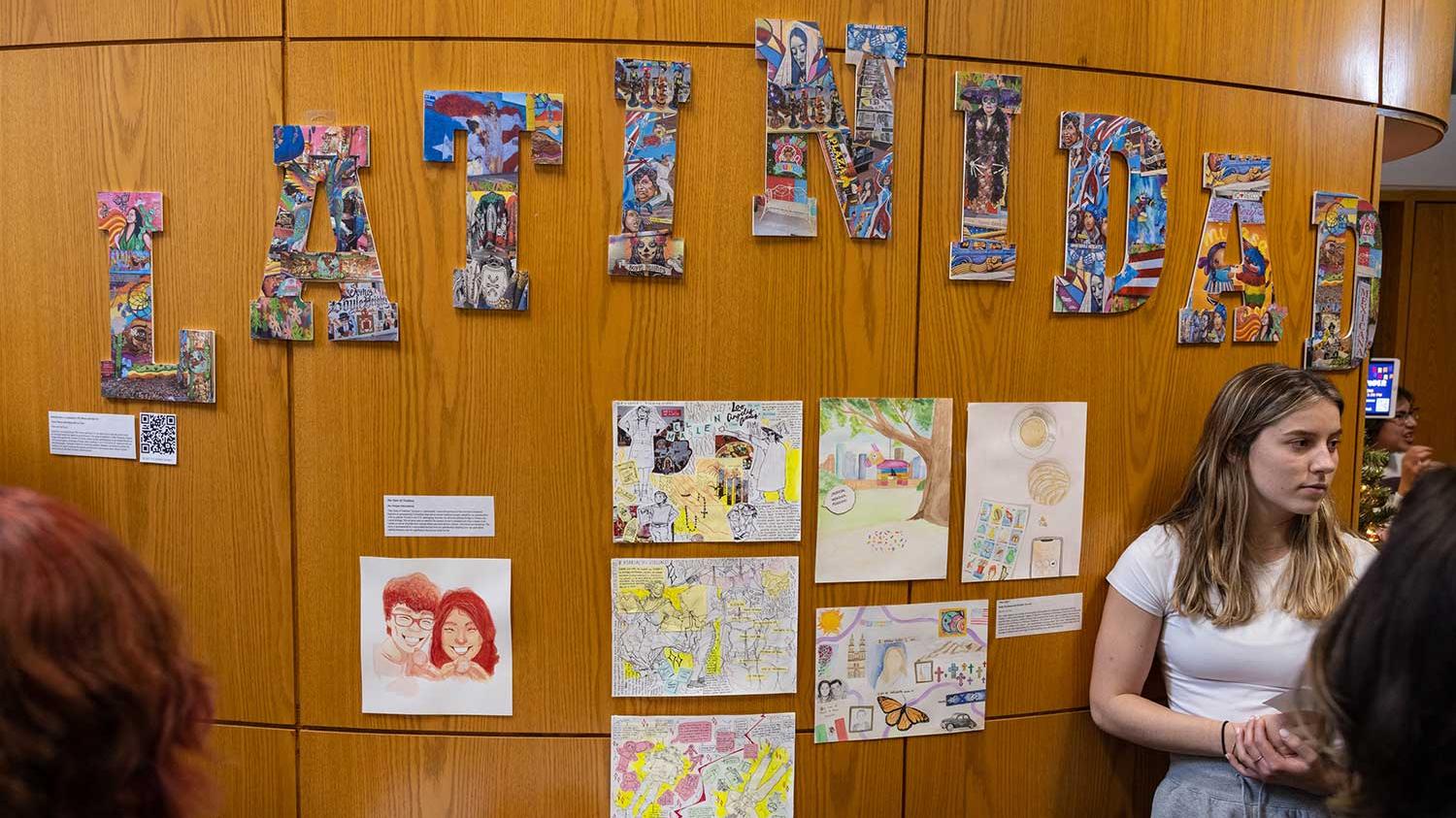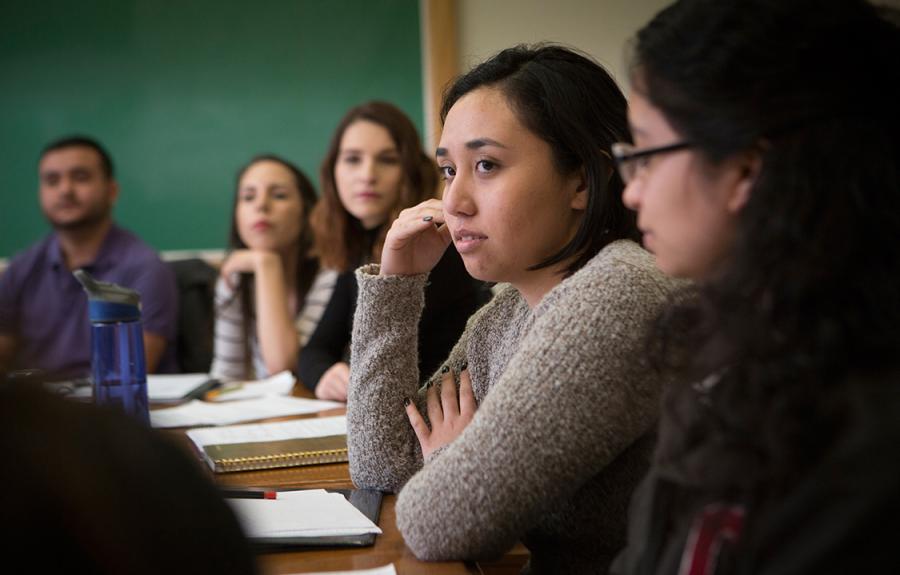

 Department Homepage
The College of Arts & Sciences
Department Homepage
The College of Arts & Sciences

All Cornell students are welcome to participate in Latina/o Studies Program's academic and socio-cultural events, and to benefit from its dedicated and accessible staff and faculty members, rigorous and multidisciplinary curriculum, and its intercultural residential program house, the Latino Living Center, which provides any student a safe and supportive environment where Latino cultures and worldviews are valued.

Supplement your major, your Master's or Ph.D. with an interdisciplinary minor in Latina/o Studies that is open to undergraduates and graduates of all colleges at Cornell. Latina/o Studies offers a multi-disciplinary range of courses that enhance students’ understanding of Latinas/os in the United States ranging in topics from immigration, labor, politics, music and health to history, culture, law, education, performance and literature.

Latina/o Studies is dedicated to the study of the historical, linguistic, literary, social, economic, and political experiences of a vastly heterogeneous population in the United States, that today totals over 55 million people. Officially founded in 1987 as the Hispanic American Studies Program, our name was changed to the Latina/o Studies Program in 1995. We nurture familia, inquire into the important questions of the day, and through our courses and other intellectual activities—conferences, lectures, exhibits, dialogues, and other research initiatives and activities--learn how Latinas/os contribute to a greater understanding of the world, through the analysis of politics, migration histories, health, labor insertion, literature, and the arts.